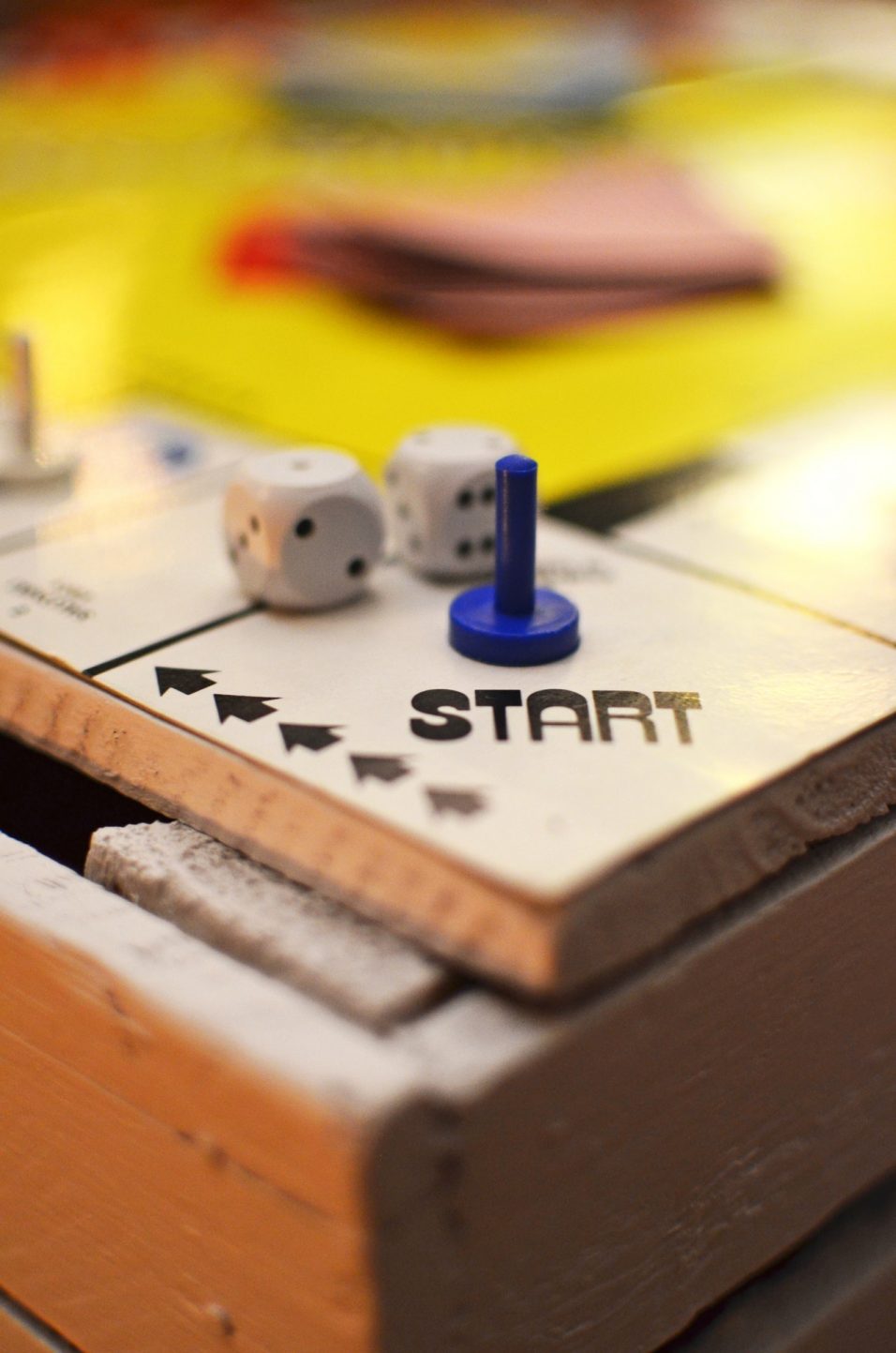Most writing advice, if you think about it, is pretty obvious stuff. This isn’t an arcane art, this is telling stories to entertain and affect. In a fundamental sense writing is a skill everyone can hone—just about everyone has told a story at some point in their lives, and thus have engaged in plotting, character development, and pacing. Whether or not they did a good job is something else entirely.
Developing as a writer often boils down to equally simple stuff. Read a lot of books, steal and emulate to your heart’s desire, tell stories you’d like to read. Everything else usually involves repetition and the ability to process feedback. But that means it often hangs on the writing part—which means you have to get over that initial hump and actually start writing a book or story. And getting started is sometimes the tallest mountain you’ll have to climb when beginning a new writing project.
Something New
I recently started a new novel. As I write this I am 1 day and 1,000 words in, which means this could all amount to nothing or it could be the next novel I sell; all of that remains to be seen. Those 1,000 words are essential, though, because for a few weeks now I’ve had a few scraps of an idea—a setting, an exchange of dialogue, a title—and nothing else. And I didn’t know how to start.
Knowing the meat of your story but having no clue how to start it is more common than you might realize, because beginnings are where a lot of hard work comes in. I often want to race forward to the epic twists and amazeballs setpieces I have in mind, and the quiet world-building and character introduction of beginnings can seem less sexy in comparison. But I’m also a linear writer who likes to start at the beginning, so I have to nail those early words or nothing else happens.
My trick isn’t all that brilliant or mind-blowing: I start with a short story.
My Chapter 1s—at least in the Draft Zero stage—are usually self-contained stories with beginnings, middles, and ends of their own. They could be torn out of the larger novel and published independently. This takes some of the pressure off, because I’m not going to have to plot out 100,000 words—I just need to plot out 5,000 words.
Another advantage to starting with a cohesive, standalone story is that it takes a lot of the world-building confusion off my plate. I only have a few thousand words to work with, so I know I can’t explain my entire universe in huge detail. I sprinkle in only the essentials and leave everything else off until later, because I have to tell the story I’m telling now. Any time I’ve tried a more open-ended start to a novel I get mired in detail because I don’t have the forward thrust of a focused story keeping me moving, so I wallow.
Will this approach work for you? I don’t know. I do know that if I finish this story (a.k.a. Chapter 1) I’ll have a clear path forward, a solid foundation to build on—and if the novel ultimately fails, if nothing else I have a story I can try to publish.
Also, failed novels give me a perfect excuse to go on a 3-week bender, so really it’s a Win-Win.


Good stuff here, and something I need to remember. Thanks!